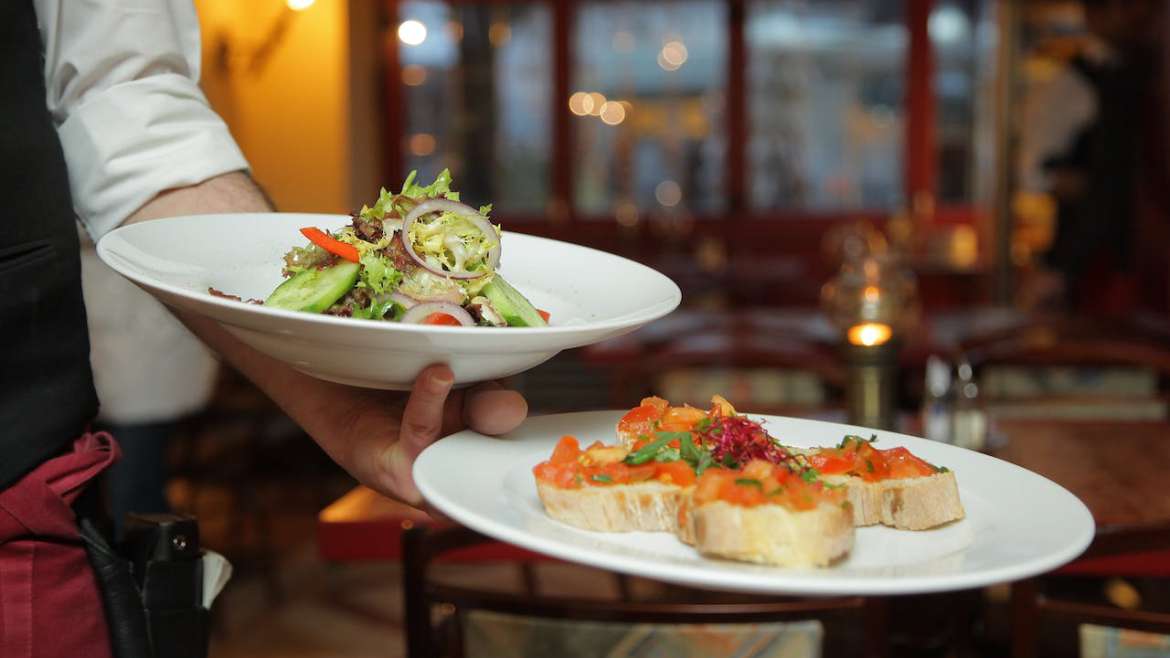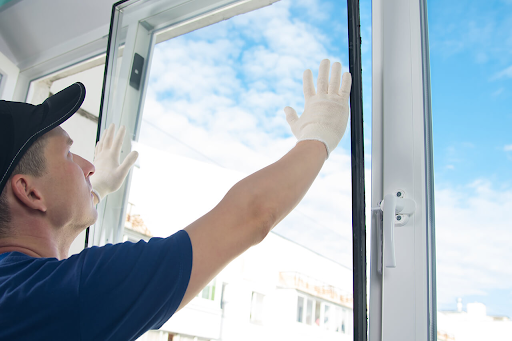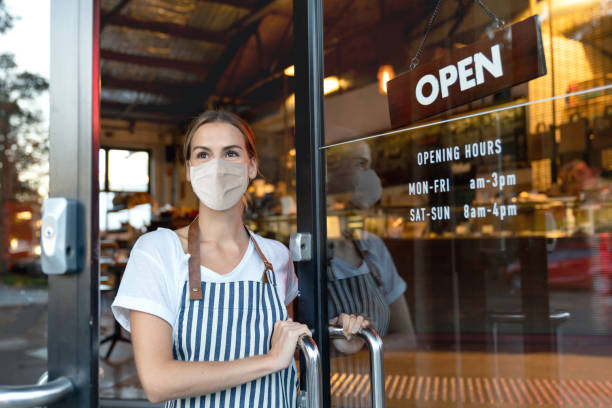Indulging in a restaurant’s culinary offerings is an anticipated experience for many. Be it a momentous occasion or a laid-back meal, patrons anticipate not only delicious fare but also food that meets safety standards. The main role of the process of restaurant inspection processes is to ensure that all the standards of food safety as well as the dining experience of the customers are being met in the best way. Yet, within the realm of these inspections lie ethical considerations often overlooked. This article delves into the ethical dimensions surrounding restaurant inspections, shedding light on their significance in effective restaurant operations management.
Safeguarding Public Trust and Health
Foremost among the ethical considerations during restaurant inspections is the imperative to safeguard public health and safety. Restaurants cater to a diverse clientele, including vulnerable groups such as children, the elderly, and those with compromised immune systems. A lapse in food safety standards can lead to dire consequences, encompassing foodborne illnesses, hospitalizations, and, in extreme cases, fatalities.
Transparency and Accountability in Focus
A cornerstone of restaurant inspections is the call for transparency and accountability from all parties involved. Inspectors have to report any findings in the most accurate manner. This means there is no space for personal bias in the job of secret shopping.
Simultaneously, restaurant owners and staff must be accountable for their actions. Identifying violations necessitates prompt rectification to prevent harm to customers. Both inspectors and restaurant operators must prioritize patrons’ well-being above all other considerations.
The Imperative of Consistency and Fairness
Consistency emerges as another pivotal ethical consideration in restaurant inspections. Irrespective of a restaurant’s size or reputation, uniform standards and scrutiny should prevail. Inspectors must steer clear of favoritism, treating each establishment fairly. Disparate enforcement of regulations risks public distrust and accusations of discrimination.
To uphold fairness, inspectors should furnish clear guidelines and elucidate violations to restaurant owners. This approach empowers businesses to effect necessary improvements, framing the inspection process as an avenue for continuous enhancement rather than punitive action.
Balancing Privacy and Respect
Preserving the privacy of restaurant owners and their staff is paramount during inspections, especially in the context of mystery shopping scenarios. Inspectors, while obligated to access specific areas, must minimize disruption and uphold the dignity of those working in the establishment. This is a very important point that people need to keep in mind.
Furthermore, inspectors must maintain confidentiality regarding their findings, ensuring sensitive information remains undisclosed to the public or competitors. Leaking restaurant inspection results unfairly tarnishes a restaurant’s reputation, potentially leading to unwarranted financial losses or closure.
Embracing Education and Collaboration
Lastly, an ethical restaurant inspection places a premium on education and collaboration, steering away from punitive measures whenever feasible. Instead of merely resorting to fines or penalties, inspectors should collaborate with restaurant owners, aiding them in comprehending and implementing necessary improvements.
So, these are some important things that a mystery shopping company needs to take care of during restaurant inspections.


